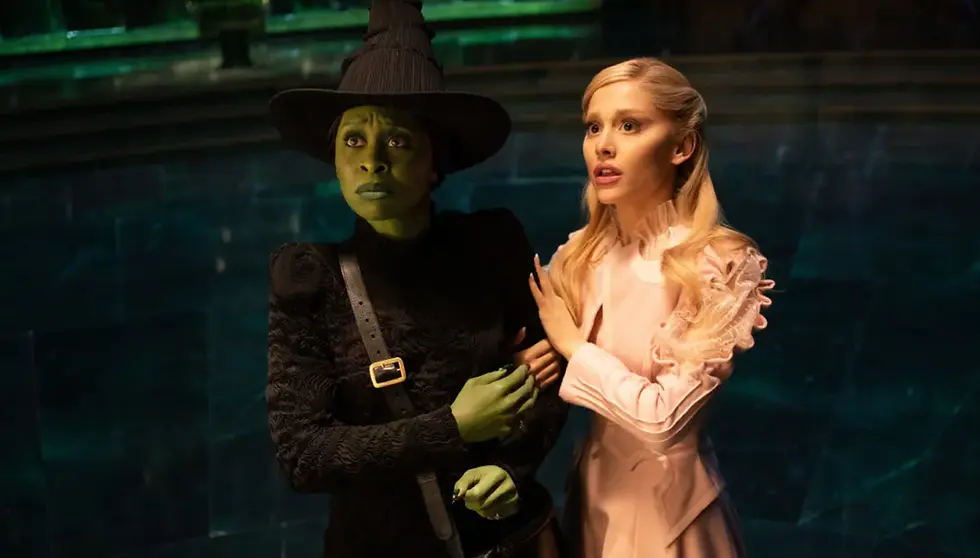Late Company - Trafalgar Studio 2
- comaweng
- Aug 27, 2017
- 4 min read

To its credit, it’s a little while before it’s entirely clear what Late Company is really all about. But once the penny dropped, I had an intuitive feeling this wasn’t going to work out. By this I mean that a positive conclusion was simply an impossibility, though dramaturgically it is also imperfect. The ladies conveniently leave the room for a few moments, apparently to sort out dinner, but really it’s to allow the gentlemen to talk between themselves without the company of the fairer sex, and to introduce themselves to one another, and in so doing, to the audience. How contrived.
I wouldn’t call it a form of restorative justice, as there is no named criminal offender – at least, not one identified by the criminal justice system as the perpetrator of a crime. Nonetheless, the venue, the Shaun-Hastings’ front room, is hardly a neutral one for this meeting, for want of a better word. I’m not sure what it is, aside from a dinner – which itself goes horribly wrong because of a miscommunication about young Curtis Dermot’s (David Leopold) food allergies. But I must call it something: it’s somewhere between an intervention and a confrontation.
Michael Shaun-Hastings (Todd Boyce) is a Member of Parliament – the Parliament of Canada, that is – and is married to Debora (Lucy Robinson), a metalwork artist. Michael’s university degree certificate is on display on the wall, clearly marked from my vantage point (though not from everybody’s) as a Bachelor of Commerce with Honours from the School of Business, awarded by The Senate of Queen’s University at Kingston. If Canadian society is classless, at least relative to British society, there’s still one-upmanship between Bill Dermot (Alex Lowe) and Michael with regards to academic achievement, a point which doesn’t let up once the meeting proper gets underway, with Michael showing off his son Joel’s school certificates and medals. Completing the set of on-stage characters is Tamara Dermot (Lisa Stevenson), who wants, it seemed to me, some form of absolution for her son Curtis.
I was late, as it were, to Late Company – not in the sense that I arrived after the performance start time, but I was reviewing something else on its official press night at the Trafalgar Studios, and only decided on seeing this later as a) I had a free evening, which doesn’t happen often, and b) it was recommended to me by quite a few others. I hadn’t witnessed what Joe Vesey-Byrne of The Independent (for instance) did on the Finborough Theatre press night earlier in 2017, where the “performance by Lucy Robinson, crucial to the success of the work, reduced many in the audience to tears”. I mean, she wasn’t that bad: I thought she was rather good as it goes. (Clearly, my jokes are as bad as her Debora’s.)
I assume those water works were in reference to the poignancy of the feelings the character demonstrates. As I say, I didn’t have anything like a teary experience with my fellow audience members at the Trafalgar Studios. The anger and bitterness was palpable, and I had more sympathy with Curtis, whose apology was sincere and genuine, even if Debora was dismissive of it with the sort of sneering attitude that might even have had the likes of the late Rev Ian Paisley thinking, “Well, hang on a minute…”Will Longman dared “anyone not to be moved by the reading of her [Debora’s] letter to the boy who bullied her son to death.” Notwithstanding that it was identified in the course of the narrative that there were other ‘bullies’, not just one, well, here I am. How dare I! The scene in question was too melodramatic and the crocodile tears wholly superfluous.
Emotions, almost all round, are still raw. The play does well to portray Curtis as somebody quite far removed from the moody teenage stereotype, responding monosyllabically and forever staring at his smartphone. I did feel there was slightly too much swearing going on – from everyone except Curtis – demonstrating a playwright’s lack of vocabulary, particularly when the parents start effing and blinding away at one another, like some sort of verbal Tough Mudder. Perhaps that’s the point: they’re all just as much as effing cees as each other, leaving me cold and unsympathetic towards any of them by the curtain call. Apart from, as I say, young Curtis.
That said, the play wastes little time in exploring some complex themes, to the point where it almost becomes a competition as to who could be blunter and terser. There is no clear winner. Different parenting strategies are discussed – entire books have been written on the pluses and minuses of Bill’s preferred ‘tough love’ approach, and a literal clip round the ear given to Curtis is strongly objected to by Debora. (Where did the ‘h’ go in that name?) The pretentiousness that is stripped away is refreshing, and the details of Curtis’ trial-by-media starkly harrowing. Covering more ground in just over an hour than some plays do in two-and-a-half, this intense and gripping production rightly offers no simple solutions to the prevailing epidemics of depression and suicide in society today.
Photo credit: Roundturner Visuals
Four stars




Comments